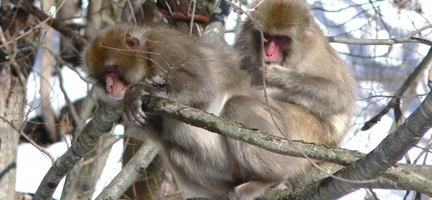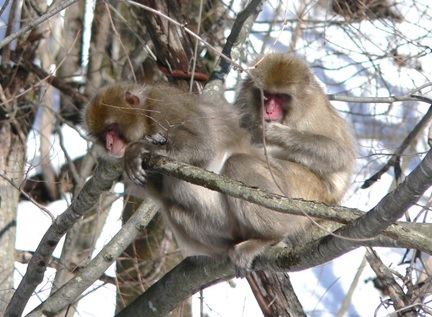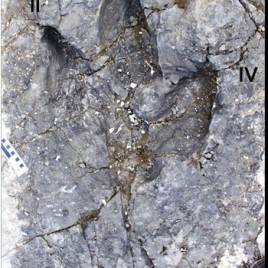Wild Japanese monkeys inhabiting a forest located 70 km from the Fukushima nuclear power plant have lower blood cell counts than monkeys from Northern Japan, a new study finds. The Fukushima nuclear power plant was badly damaged by a tsunami in March 2011.
Red and white blood cell count were lower in the Fukushima monkeys. Additionally muscle radiocesium levels in the monkeys’, a measure of radiation exposure, has been linked to the level of contamination of the soil in their habitat.
Low blood cell counts don’t necessarily imply that the monkeys’ health is at risk. The authors call for long-term study on the health of monkeys in Fukushima.
The Science Media Centre – U.K. has gathered expert opinions, available here.
Original research paper published in the journal Scientific Reports on July 24, 2014.
Names and affiliations of selected authors



